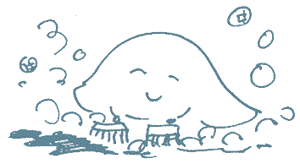What does my Liver do?
Your liver carries out more than 500 functions. Major functions include:
Quick energy
Your liver breaks down food that you eat turning it into energy when you need it. Carbohydrates are broken down and stored as glycogen in the liver. This can be quickly converted into glucose to give your body rapid energy supply when needed in an emergency. People with liver damage may lose control of blood glucose levels and may need regular supply of sugar.

Cleans blood
Your liver removes waste products from your body. Whatever’s not removed by your kidneys are removed from the blood by your liver. It also removes bacteria and toxins from your blood.
Fights infection
Your liver holds over half of your body’s macrophages – a type of white blood cells which destroys foreign particles in your body. These macrophages destroy bacteria fighting infections in your body particularly those arising in the bowels.
More specifically, the liver:
- processes food that’s been digested in the intestine, filtering out harmful by-products before distributing nutrients to other parts of your body;
- controls the levels of fats, glucose and amino acids in your blood;
- combats infections in your body;
- clears the blood of particles including bacteria;
- manufactures bile – a digestive juice necessary for the absorption of fat needed by the body;
- neutralises and destroys drugs and toxins;
- stores iron, vitamins and other essential minerals;
- makes and regulates hormones including sex hormones;
- makes enzymes and proteins which are needed for important functions in the body such as blood clotting and repair of damaged tissues.

